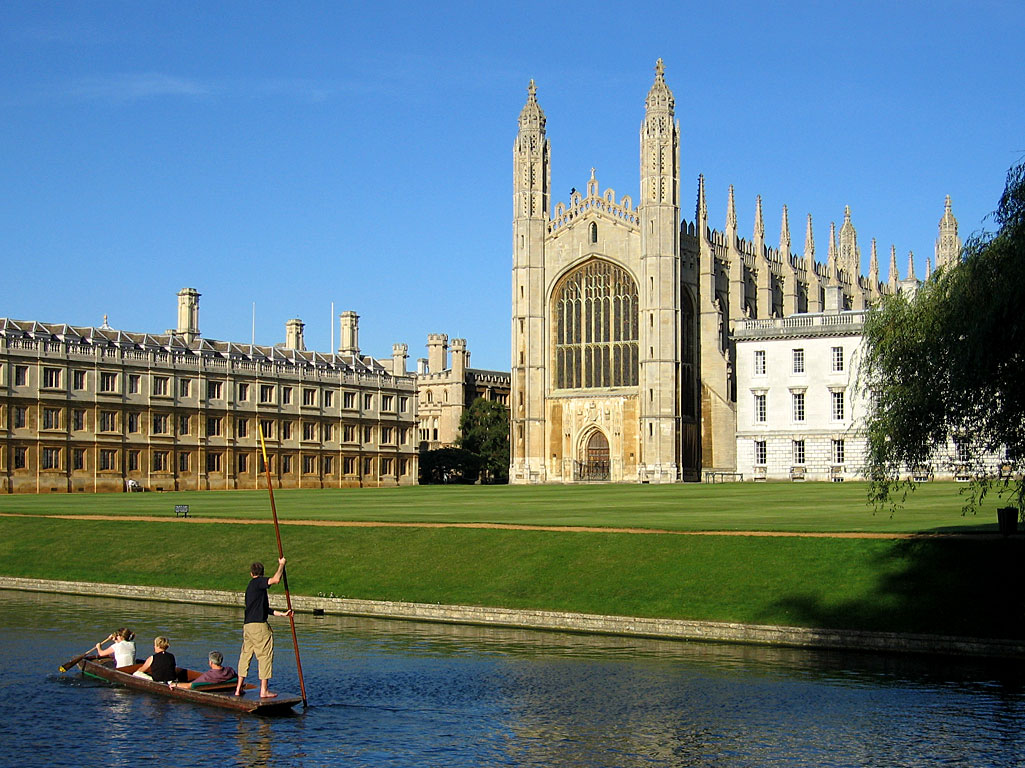I’ve had a thing for gourmet potato chips since I was very young. Over the years I’ve become so accustomed to expensive high-quality snack foods—fortuitously, the ones that are often promoted as healthy options that won’t kill you quite as swiftly as that tennis-ball tin from the Pringles factory—that I find it very difficult to go back to chips of the ordinary sort. Root vegetable snacks that retain the flavour of the vegetables are a whole order of magnitude more delicious than your average powdery munchies laden with artificial flavours and a surfeit of cheap salt.
I don’t think my potato chip snobbery is a consequence of marketing; I liked these snacks before the organic foods craze ever came to fruition, and I savoured them for flavour and texture alone. But there’s no denying that the companies behind specialty chips pay careful attention to packaging their foods to evoke nostalgia for an imagined pre-industrial authenticity. They appeal to images of the harvest and of kettle-cooking by hand. You certainly see this embodied in high-end brands like the king of root vegetable snacks, Terra Chips (who substantiate their boasts in every way with an astonishing assortment of vegetables and spices), but midrange brands that can be found in supermarkets and convenience stores like Miss Vickie’s (which, by the way, has really gone downhill since it was acquired by Frito-Lay and switched from peanut to vegetable oil) also call upon a rustic ideal where their products, in their words, “remind people of a less-hurried time, when people cooked with care and patience.” We know, of course, that a high-volume national product like Miss Vickie’s isn’t exactly a pastoral manufacture, but that’s how they distinguish themselves from the competition all the same.
I’ve sampled a few of the potato chip brands here in Britain, where they are known as crisps. So far, I’ve been unimpressed, and the potatoes are clearly to blame. I know this from having tried the control group of the global Kettle brand, which is here a cut above your typical crisp, yet oddly stale and inert in comparison to the North American equivalent. Most well-travelled individuals have likely experienced this sort of brand-name dissonance with respect to breakfast cereals; it’s a shock to many a Canadian when travelling abroad that the formula for Kellogg’s Special K everywhere else doesn’t taste anything like Rice Krispies like they do at home.
Then I discovered Phileas Fogg.
Phileas Fogg potato crisps are nothing special, although their Indian Red Chilli mini-poppadoms are one of those unique and delightful pleasures of the British imperial legacy that I haven’t seen before. What caught my attention about these snacks, though, was the branding. The copywriting is magnificent. Far from the usual blurb about the innocence of cottage life, the inscription on every bag aims for a loftier romance:
Embodying the pioneering spirit of the legendary PHILEAS FOGG, our snacks have been created using carefully selected authentic ingredients from around the world to satisfy the most discerning culinary explorer.
It gets better. Here’s the description of their Sea Salt and Indonesian Black Peppercorn crisps:
Indonesia; the breathtaking land of volcanoes, emerald green pastures and the home of our black peppercorns. Here they are known as the king of all the spices and are treated almost as royalty. The pepper farmers are fiercely protective of their crops and watch over them as they dry in the sun. We think it’s worth all the trouble. They give our crisps a satisfyingly balanced flavour—fruity and fresh, with a hint of fiery heat.
And those mini-poppadoms I mentioned earlier:
India. Land of mogul palaces, mystical cities, vibrant colours and delicately spiced poppadoms. Ours are carefully flavoured with hot and fiery red chillies from the Guntur region. Then they are sent to Chennai in the sweltering south to be used in the creation of the perfect poppadom. For an evocative flavour they are sun dried and then cooked to split-second perfection. This gives a crisp, bubbly texture that melts in your mouth, leaving a gentle, aromatic and authentic taste.
If they were really taking this seriously they would have called the city Madras instead of Chennai, but that’s a minor quibble in the grand scheme of things. What astounds me is how the brand has co-opted the name of Jules Verne’s quintessential globetrotter, Phileas Fogg, as a great symbol of imperial adventure who brings knowledge and goods from faraway lands to home soil. Their television advertisement speaks of Fogg as a real historical figure! Nowadays, popular fiction in all media is so tied up in licensing and property rights that we see contemporaneous promotional products like C3PO’s and Bertie Bott’s Every Flavour Beans, but one can only wonder what cultural or literary sources snack foods will draw on a hundred years from now, not to promote the original text but to deploy it as an emblem of a more flavourful time and place.





